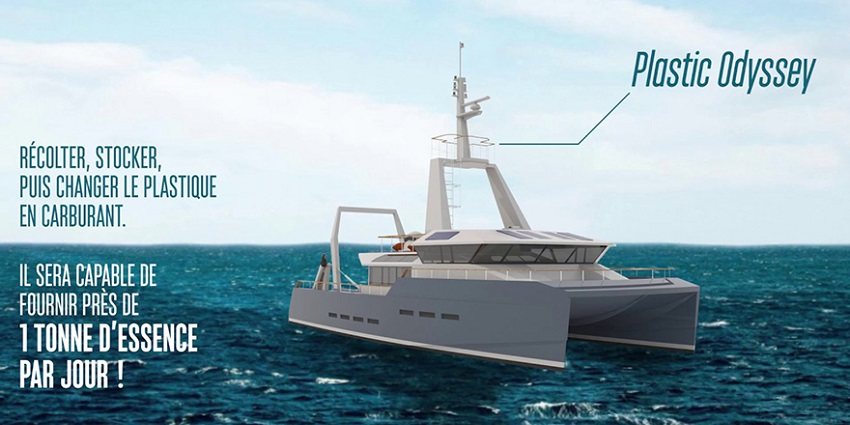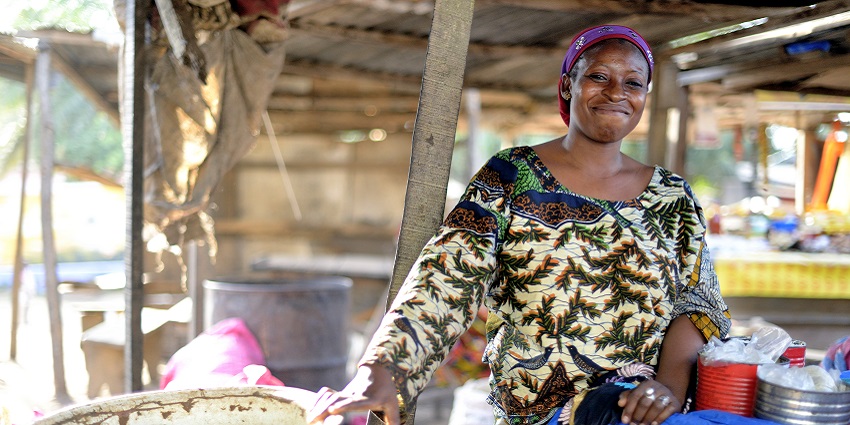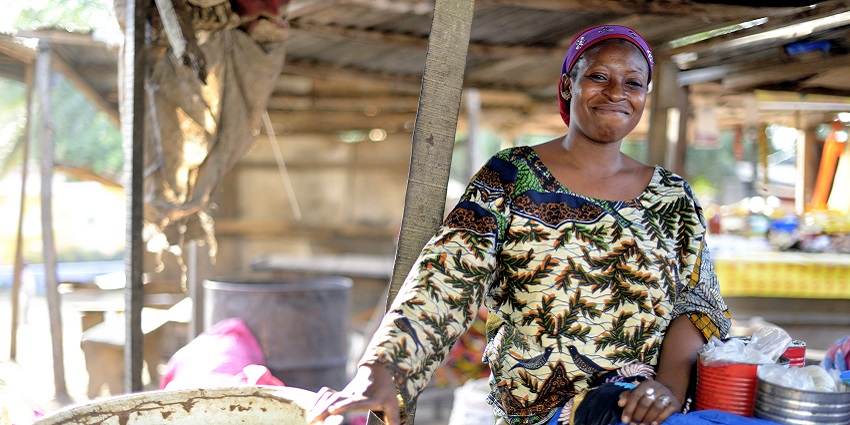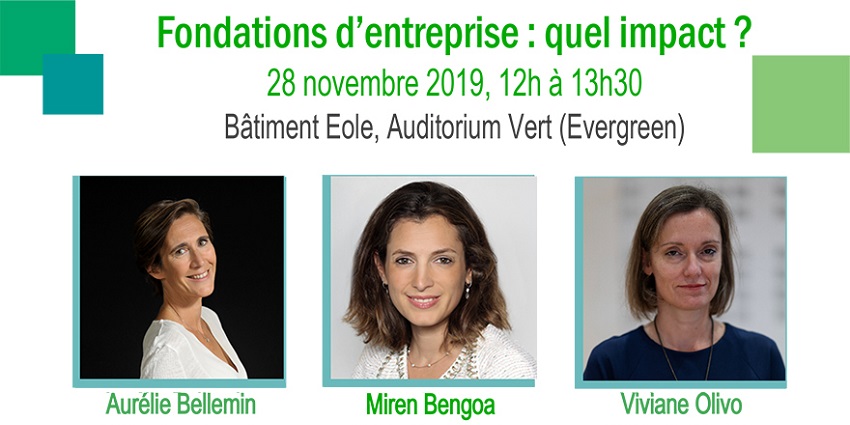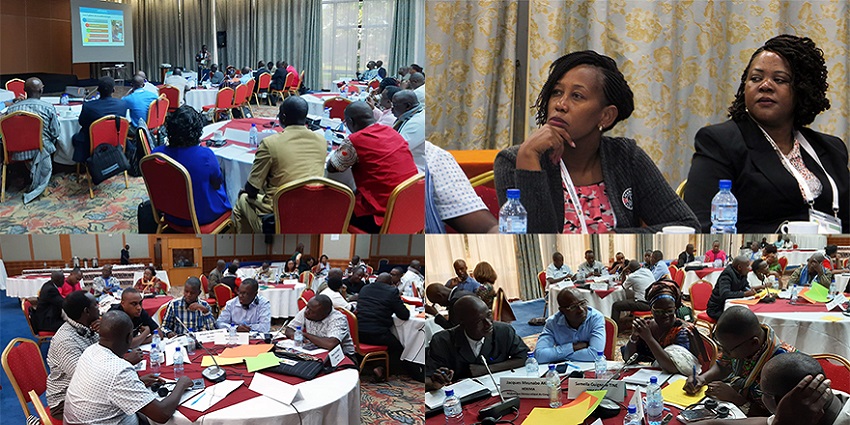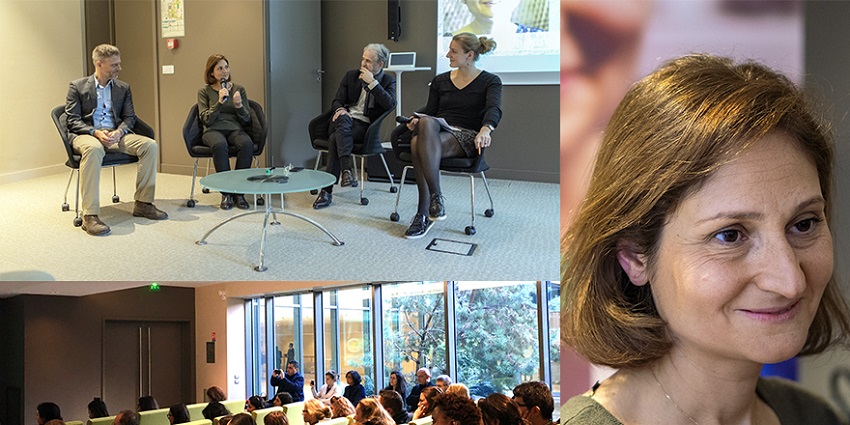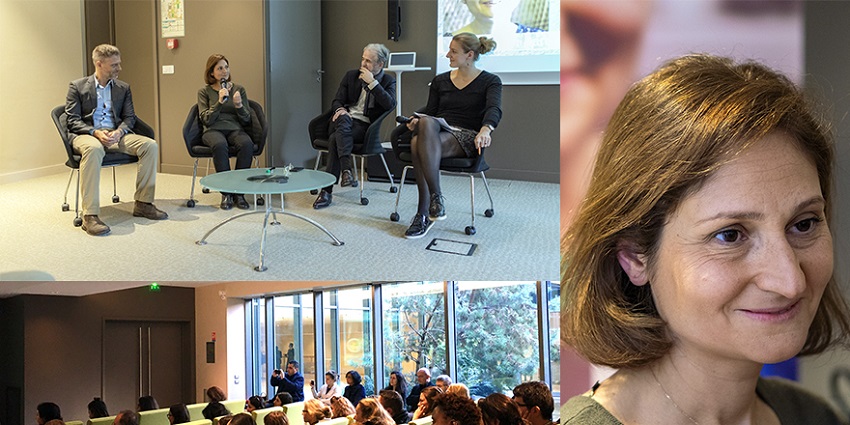Meeting with three corporate foundation leaders – What impact?
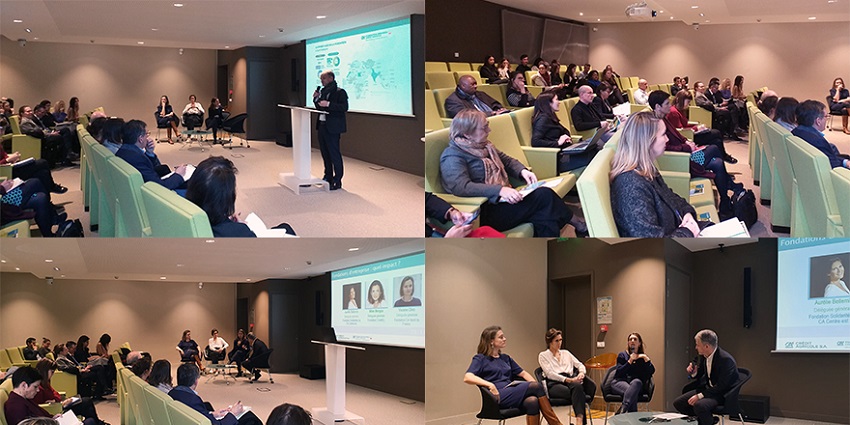
© FGCA
In France, nearly half (47%) of corporate foundations were created between 2000 and 2009, according to the latest National Survey on Funds and Foundations published by the Philanthropy Observatory of the Fondation de France. 43% of corporate foundations were created over the last 10 years, including 18 % between 2015 and 2017 (1). Corporate foundations are demonstrating dynamism and are becoming levers of innovation and transformation for companies.
As part of the meetings of the Circle of Friends of the Grameen Crédit Agricole Foundation, the Evergreen Campus of Crédit Agricole SA in Montrouge welcomed three directors of corporate foundations on November 28th who came to present their careers but also and above all the commitments and impact of the foundations they manage.
Under the moderation of Eric Campos, General Delegate of the Grameen Crédit Agricole Foundation, Miren Bengoa, General Delegate of the Chanel Foundation, Aurélie Bellemin, General Delegate of the Fondation Solidarités by Crédit Agricole Centre-est, and Viviane Olivo, General Delegate of the Fondation Crédit Agricole Nord de France, shared with the audience the objectives and values of their respective Foundations and their point of view on the impact of the work of corporate Foundations on the business world and on society as a whole.
To find out more:
CHANEL Foundation
Solidarity Foundation by Crédit Agricole Centre-est
Crédit Agricole Nord de France Foundation

